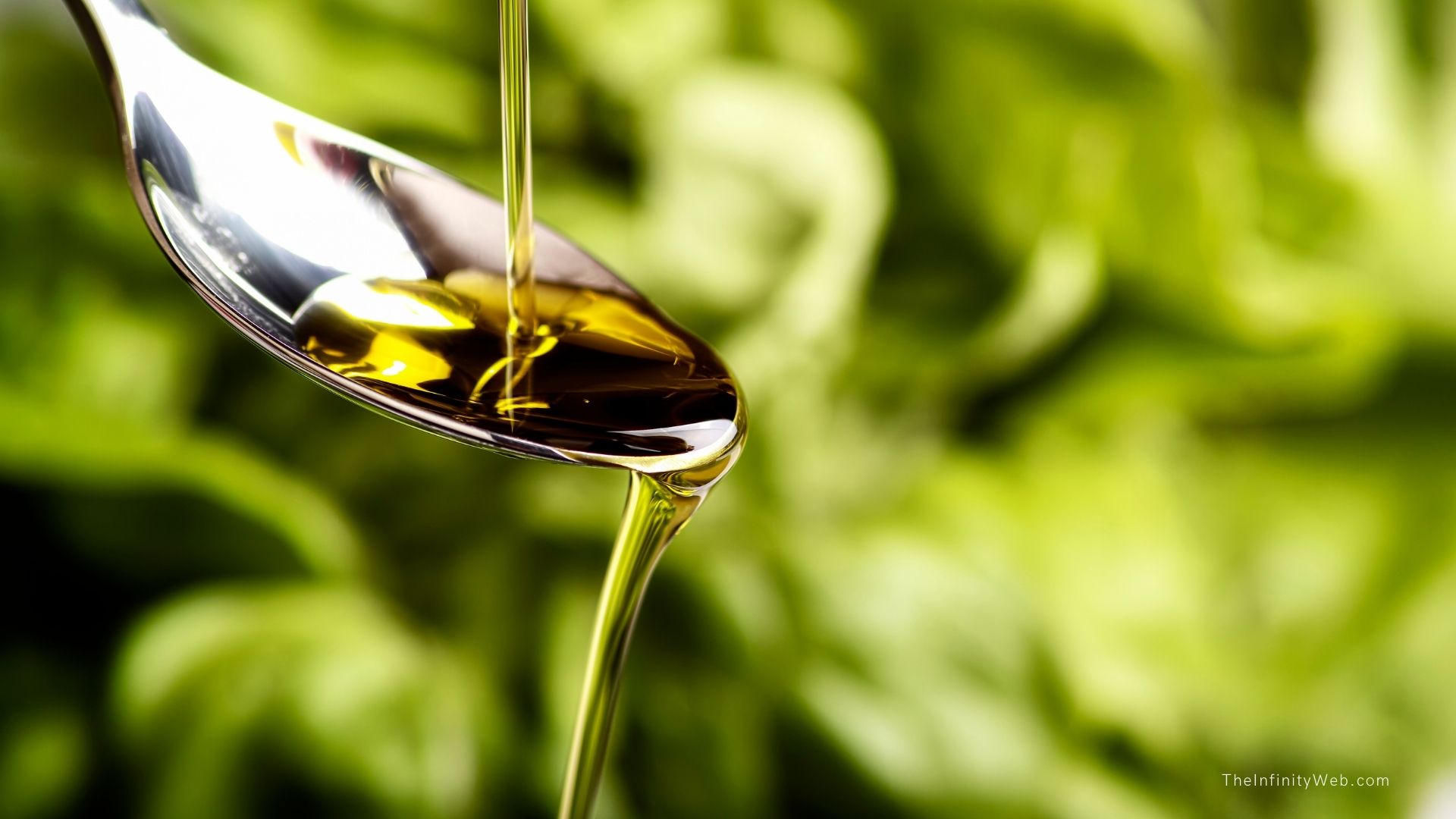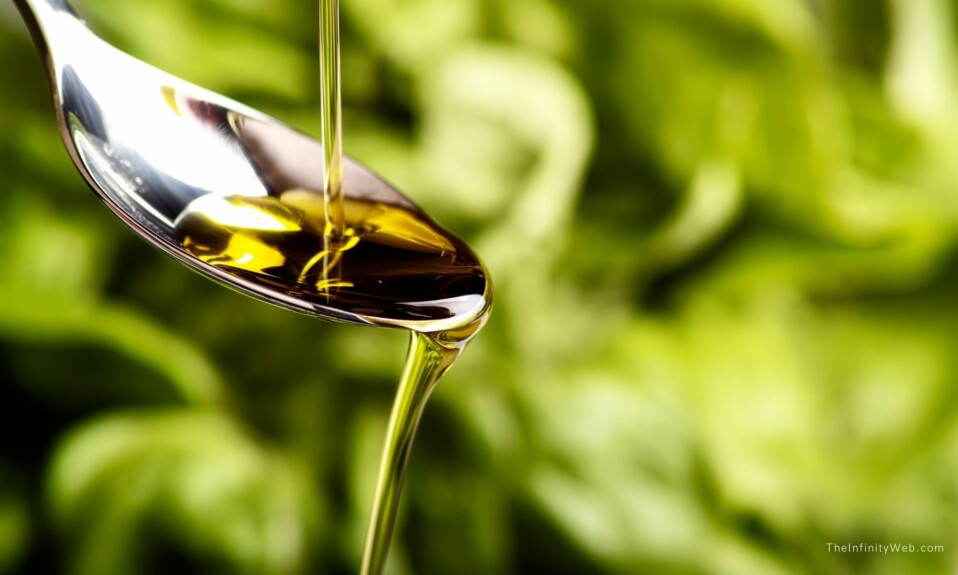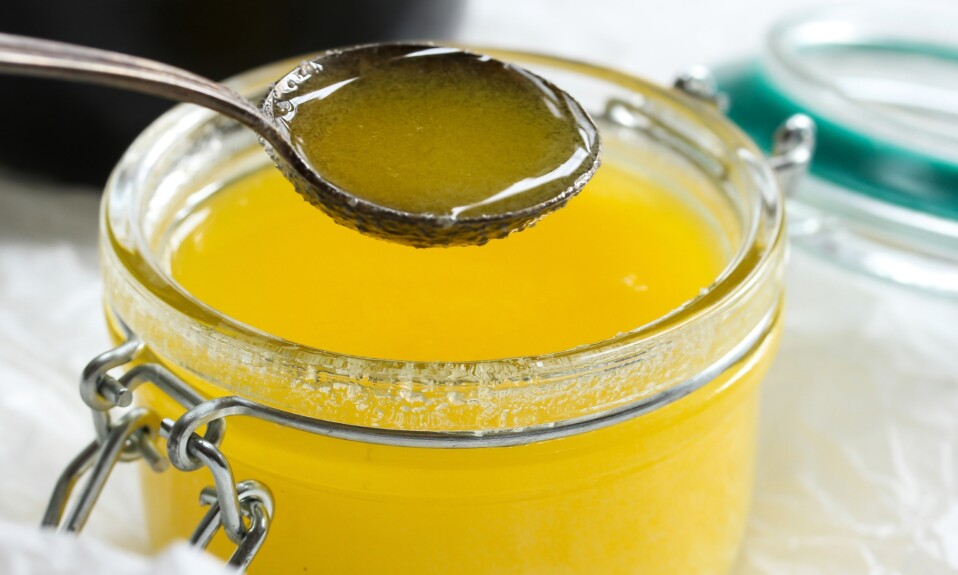
Olive oil has been enjoyed and is a magical ingredient stacked with health and lifestyle benefits. Homer termed it “liquid gold,” while Hippocrates, the father of medicine, called it as “the great healer.” Currently, olive oil is still a treasured ingredient used all over the world.
Olive oil is a primary component of the Mediterranean meal, which is touted by scientists as being beneficial for heart health. It’s frequently used in marinades, salad dressings, and sauces. A drip of olive oil can also offer a tasty finishing touch to several foods.
Nutritionists praise olive oil for its health improving properties, which is especially abundant in heart-safeguarding monounsaturated fats. The following are the health advantages of olive oil that are backed by scientific research.
1. Olive Oil Is Abundant In Wholesome Monounsaturated Fats
Olive oil comprises of oil drawn from olives, which is the fruit of the olive tree. Almost 14 percent of the oil is saturated fat, while 11 percent is polyunsaturated, like Omega-6 and Omega-3 fatty acids. However, the major fatty acid within olive oil constitutes a monounsaturated fat named oleic acid, forming 73% of entire oil content.
Studies indicate that oleic acid lowers inflammation and may also have advantageous effects on genes associated with cancer. Monounsaturated fats also offer fair resistance to excess heat, making extra virgin olive oil a wholesome cooking option.
2. Olive Oil Includes Plenty Of Antioxidants
Extra virgin olive oil is quite nutritious. In addition to its healthy fatty acids, it includes small amounts of vitamins K and E. However, olive oil is also packed with strong antioxidants.
These antioxidants are naturally active and may lower your chance of chronic diseases. They also combat inflammation and help secure your blood cholesterol against oxidation – 2 advantages that may decrease your risk of heart disease.
The antioxidants within olive oil may lessen oxidative damage resulting from free radicals, which is supposed to be a major factor of cancer. Numerous test-tube studies display that compounds in olive oil can combat cancer cells. Further research is required to decide if olive oil actually lowers your chance of cancer.
Olives carry nearly 30% oil. As done by the ancient Greeks, olive oil is manufactured by crushing the fruit. Oil that is collected manually, without heat or chemicals, is termed extra-virgin olive oil. When heat and/or chemicals are employed to extract the oil, it can lessen some of its nutrients, like antioxidants called polyphenols.
3. Olive Oil Has Powerful Anti-Inflammatory Properties
Chronic inflammation is believed to be a primary driver of ailments, such as, heart disease, cancer, metabolic syndrome, Alzheimer’s, type 2 diabetes, arthritis and also obesity. Extra-virgin olive oil can lower inflammation, which might be among the primary reason for its health advantages.
The major anti-inflammatory effects are determined by the antioxidants. Leading among them is oleocanthal, which has been displayed to act similarly as ibuprofen, an anti-inflammatory drug. Research also indicates that oleic acid, the primary fatty acid in olive oil, can decrease levels of essential inflammatory markers such as C-reactive protein.
One study also disclosed that antioxidants in olive oil can restrict some proteins and genes that fuel inflammation.
4. Olive Oil Might Help To Avoid Strokes
Stroke results from a disruption of blood flow to your brain, either on account of bleeding or a blood clot. Stroke is the second most popular cause of death, immediately behind heart disease in developed nations.
The association between olive oil and risk of stroke has been studied widely. A vast study review among 841,000 people discovered olive oil as the sole source of monounsaturated fat linked to a decreased risk of heart disease and stroke. A separate review of 140,000 participants showed that those who took olive oil considerably reduced their chances of stroke against those that did not.
5. Olive Oil Protects Against Heart Disease
Heart disease constitutes the leading cause for deaths worldwide. Observational studies done some decades ago revealed that heart disease is less prevalent in Mediterranean countries. This led to substantial research on the Mediterranean diet, which has now been found to considerable lessen risk of heart disease. Extra virgin olive oil comprises a major ingredients of this diet, safeguarding from heart disease in different ways.
It reduces inflammation; preserves “bad” LDL cholesterol from oxidation betters the lining of your blood vessels and may aid to stop enormous blood clotting. Surprisingly, it has also been found to reduce blood pressure, which is among the biggest risk factors for heart disease and untimely death. In a study, olive oil decreased the requirement for blood pressure medication by 48 percent.
6. Olive Oil Does Not Support Weight Gain And Obesity
Consuming huge quantities of fat results in weight gain. Nevertheless, many studies have associated the Mediterranean meal, abundant in olive oil, with healthy impact on body weight.
In a thirty month study in more than 7,000 Spanish college students, eating plenty of olive oil was not connected to enhanced weight. Moreover, a 3 year study in 187 participants discovered that a meal full of olive oil was associated with elevated levels of antioxidants within the blood, along with weight loss.
7. Olive Oil May Combat Alzheimer’s Disease
Alzheimer’s disease is the most popular neurodegenerative condition worldwide. One of its primary features is an accumulation of so-called beta-amyloid plaques within your brain cells.
A study in mice found that a component in olive oil can aid remove these plaques. Further, a human study suggested that a Mediterranean diet abundant in olive oil profited brain function. However, further research is required on the effect of olive oil on Alzheimer’s.
8. Olive Oil May Lower Risk Of Type 2 Diabetes
Olive oil appears to be extremely protective against type 2 diabetes. Multiple studies have associated olive oil to favourable effects on insulin sensitivity and blood sugar.
A haphazard clinical trial in 418 healthy people lately affirmed the protective impacts of olive oil. In this study, a Mediterranean meal plentiful in olive oil lowered the chance of type 2 diabetes by more than 40%.
9. Olive Oil Can Aid To Treat Rheumatoid Arthritis
Rheumatoid arthritis comprises an autoimmune ailment marked by malformed and painful joints. Though the precise reason is not well known, it involves your immune system invading normal cells by mistake. Supplements of olive oil seem to enhance inflammatory markers and lessen oxidative stress in people with rheumatoid arthritis.
Olive oil seems especially advantageous when mixed with fish oil, a resource of anti-inflammatory omega-3 fatty acids. In a study, olive and fish oil considerable improved handgrip strength, morning stiffness and joint pain in sufferers of rheumatoid arthritis.
10. Olive Oil Possesses Antibacterial Properties
Olive oil includes several nutrients that can restrict or kill dangerous bacteria. One of them is Helicobacter pylori, a bacterium that resides in your stomach and can result in stomach ulcers and stomach cancer.
Test-tube studies have revealed that extra virgin olive oil combats 8 strains of this bacterium, 3 of which are antibiotic resistant. A study in humans indicated that thirty grams of extra virgin olive oil, consumed daily, can remove Helicobacter pylori infection in 10-40 percent of people in as fast as 2 weeks.
Extra virgin olive oil keeps some of the antioxidants and bioactive components from olives. Due to this, it’s regarded healthier that the more refined type of olive oil.

Olive oil is certainly wonder oil with numerous benefits. However, there can be a few disadvantages of olive oil if nor used correctly. The following are some of its disadvantages.
1. Impairs Proper Blood Circulation
Among the primary disadvantages of olive oil is that it may cause issues with blood circulation. The oil includes 77 oleic fatty acid, whereas the saturated and unsaturated fatty acids cause blood clotting and blood stickiness resulting in disturbances in normal body blood flow.
2. Reacts Conveniently With Free Radicals
The downsides of olive oil also comprise the simple reaction of this oil with free radicals. On account of the monounsaturated fat structure, the oil mixes with free radicals and yields hydrogenated oil. Trans fatty acids are also probable to get manufactured during such chemical reactions. So, to prevent this harm of olive oil, it is advised to utilize it in the raw form.
3. Can Increase Your Obesity
One of the alarming disadvantages of olive oil if not managed properly can cause you to become fat. This occurs due to overconsumption of oil. It should be consumed in moderation to stay away from its disadvantages.
Other side effects of olive oil that can harm your health include:
- Causes Acne
- Causes Skin Rashes
- Can Cause Allergies
- Unsafe For Baby’s Skin
- Can Cause Blackheads
- Not Ideal For Dry Skin
- Saturated Fat-Associated Diseases
- Leads To Inflammation
- Trans-Fat Related Diseases
- Gallbladder Stones/Blockage
- Heavy On Calories
- Can Result In Diarrhea
Wrapping Up
Ultimately, quality extra virgin olive oil is amazingly healthy. On account of its strong antioxidants, it helps your heart, joints, brain and more.
In reality, it might be the healthiest fat in the world.
However, olive oil also includes certain drawbacks that call for its prudent use. Check out the side effects of olive oil before you begin using it, purchase the proper type of olive oil, and store it appropriately to receive its maximum benefits.












